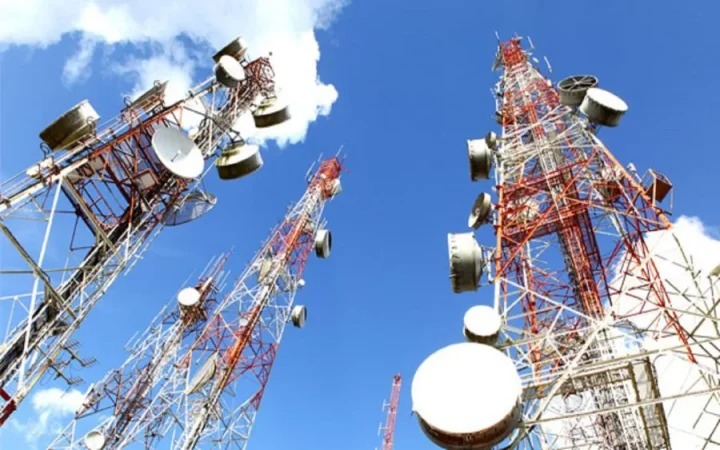Nigeria’s appetite for data consumption has driven the telecommunications sector to record-breaking spending levels, with expenditures reaching N5.30 trillion in 2023, according to the Nigerian Communications Commission (NCC).
This marks a 37.54 per cent increase from the N3.86 trillion recorded in 2022, fueled by an unprecedented spike in data usage.
The NCC’s 2023 Subscriber/Network Performance Report, released Monday, highlights a 37.58 per cent jump in data consumption, rising from 518,381.78TB in 2022 to 713,200.62TB in 2023.
“The increased data consumption is indicative of the growing appetite for internet services among Nigerians,” the commission stated.
In contrast, voice call usage saw only marginal growth, with total outgoing calls increasing by just 0.59 per cent to 205.29 billion minutes. However, the number of active subscriptions rose slightly to 224.71 million in 2023, driven by promotions, competitive offerings, and enhanced subscriber retention efforts.
The report also noted a significant increase in internet subscribers, growing from 154.85 million in 2022 to 163.84 million in 2023, despite a slight decline in broadband penetration from 47.36 percent to 43.71 percent.
Telecom operators, particularly MTN Nigeria and Airtel Nigeria, have reaped the benefits of this surge in data demand. Between January and September 2024, the two companies reported combined data revenues of N1.63 trillion, a sharp rise compared to N254.32 billion in 2019. This growth starkly contrasts with voice revenues, which grew by just 70.74 percent over the same period to N1.44 trillion.
MTN Nigeria’s CEO, Karl Toriola, highlighted the transformative impact of data on the telecom sector. “Data is now the primary driver of telecom revenue. The demand for data in Nigeria is exceptional and will continue to grow,” he said.
MTNN reported average data usage per user surged to 11.3GB in September 2024, up from 7.8GB in March 2023. Similarly, Airtel Nigeria saw monthly usage rise from 2.8GB in March 2021 to 8.1GB in September 2024.
The growth of streaming services and widespread smartphone adoption has been pivotal in sustaining this trend. As the sector gears up for the future, telecom operators are positioning themselves to capitalise on Nigeria’s surging data needs for the next decade.



